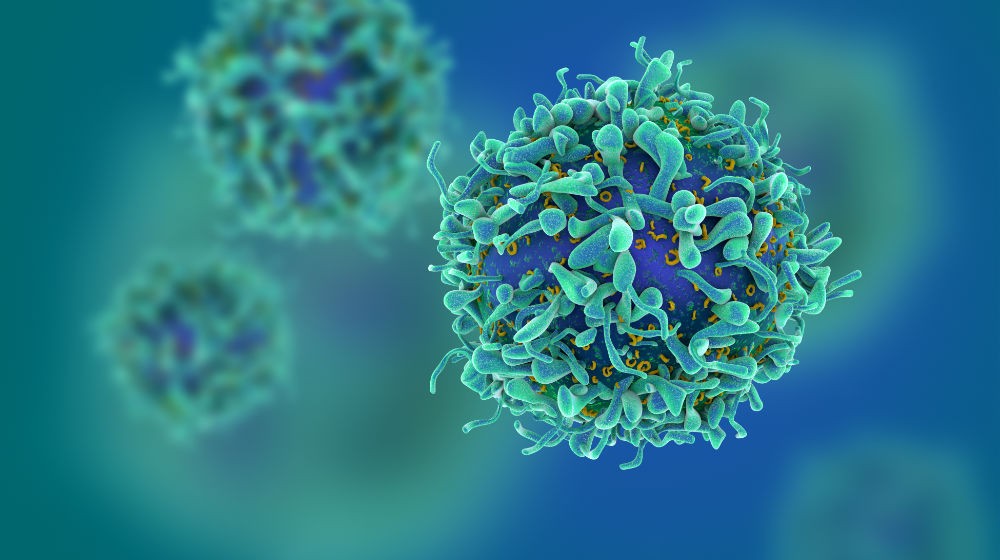Unseen and Unheard: Addressing the Systemic Failures in Women’s Health and Endometriosis Care

~50% of our population are AFAB (assigned female at birth) and will experience an average of 35-40 years of reproductive activity in their lifetime, typically from menarche at around age 12-15 to menopause around age 50-52. As part of the joy—or burden, depending on your perspective—of having this responsibility, menstruating individuals face challenges like excruciating pain, mood swings, mental health struggles, weight fluctuations, and co-morbidities. The list goes on.
We’re living in a time when it’s only just becoming more acceptable to talk openly about these issues. Issues that impact women every month, often affecting both their quality of life and productivity. I’ve personally experienced moments of such intense pain that I’ve nearly fainted.
With pain so severe, surely we can talk about it with our doctors, right? Unfortunately, no. Often, our pain isn’t taken seriously. We present with debilitating symptoms, only to be told it’s “normal” and to start taking birth control (don’t get me started on that) to manage it.
Approximately 20-25% of women suffer from severe menstrual-related symptoms that impact their daily life, including conditions like dysmenorrhea and endometriosis. Endometriosis, a disease affecting 10% of the menstruating population (though studies suggest it could be as high as 20% due to underdiagnosis), severely disrupts life and fertility for many. You’d think that with so many people struggling with this disease, it would be easy to diagnose. Wrong. It takes an average of 7-10 years, costs $16,000 to $20,000 annually in direct and indirect healthcare expenses to manage the illness (diagnosed or not), and demands countless hours of patient self-advocacy each year.
This is a systemic issue—both societal and medical. Our healthcare system isn’t designed to properly address it. The minimally-invasive tools we have, like Transvaginal ultrasound (TVUS) and MRI, often aren’t given enough time or performed by specialists trained to recognize the disease. And when it comes to confirming endometriosis, patients are left with invasive exploratory keyhole surgery—only for a significant percentage to discover afterward that they don’t even have the condition. Endometriosis also affects multiple systems, which makes it hard for GPs to connect the dots and recognise it for what it is. In addition to lack of adequate diagnosis, we see that in clinical settings, women’s/AFAB pain is often dismissed due to biases that attribute their symptoms to emotional rather than physical causes. Studies show that women are more likely to receive sedatives over pain relief, experience delayed diagnoses, and face stereotypes around pain tolerance, resulting in significant under-treatment, especially for conditions like endometriosis.
With our reproductive years extending, how can we ensure 50% of our population have a reasonable quality of life?
At Main Sequence, we’ve spent the past three months exploring the women’s health space—and honestly, I’m scared. There isn’t much to look forward to in terms of solutions right now. But we’re determined to change that by investing in innovations that can make a real difference. Endometriosis, in particular, needs a shorter time to diagnosis, non-invasive diagnostic methods and a broader and effective suite of treatments.
Women’s health is a huge, underserved market. There’s an enormous unmet need, and while healthcare professionals do their best, it simply isn’t enough. Many of us spend thousands of dollars trying to answer our own questions and manage our symptoms. The amount of money I’d personally pay to not be in pain every month would be very high if there were a clear solution.
If you’re passionate about making a change in this space or building something to solve this problem—please reach out!
Written by
Stay in Touch


.jpg)







